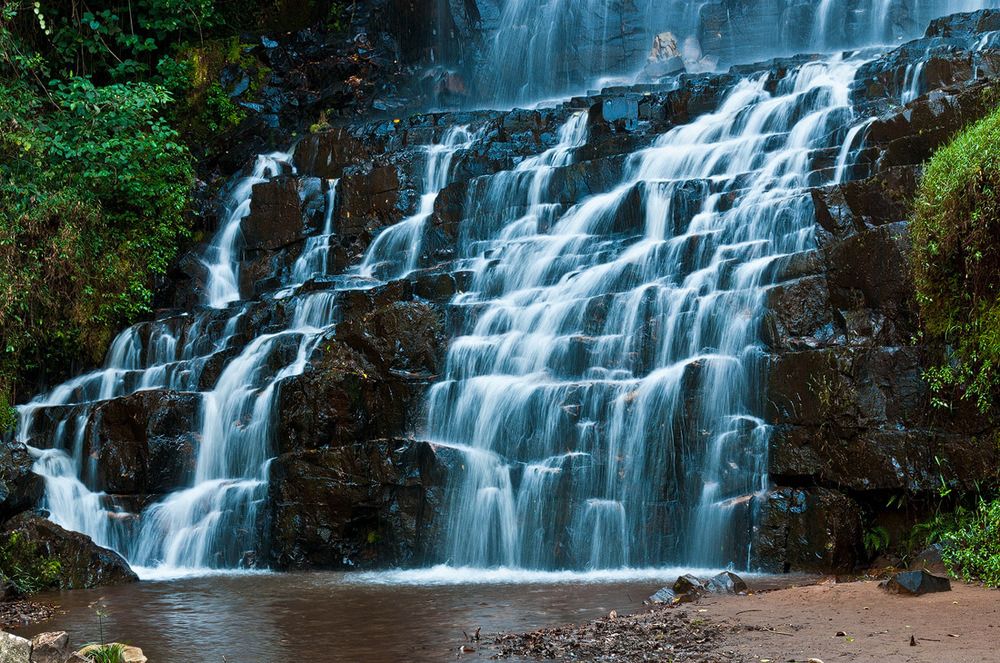Burundi
Burundi, officially the Republic of Burundi, is a landlocked nation in the African Great Lakes region, bordered by Rwanda, Tanzania, and the Democratic Republic of the Congo.
Its landscape is dominated by Lake Tanganyika, one of the deepest lakes in the world, and the lush highlands that support its agricultural base.
Gitega, the political capital, and Bujumbura, the economic center on the lake’s shores, are key urban areas.
Burundi’s economy relies heavily on agriculture, with coffee and tea as mainstays, supplemented by fishing and limited industrial activity.
Burundi’s cultural richness shines through its traditional drumming, recognized by UNESCO, and the resilience of its people, comprising the Hutu, Tutsi, and Twa communities.
The country’s history includes German and Belgian colonial rule, independence in 1962, and periods of conflict, yet its natural beauty and cultural heritage, including ancient kingdoms, offer a foundation for future growth.
Its strategic location also positions it as a potential regional trade hub.


